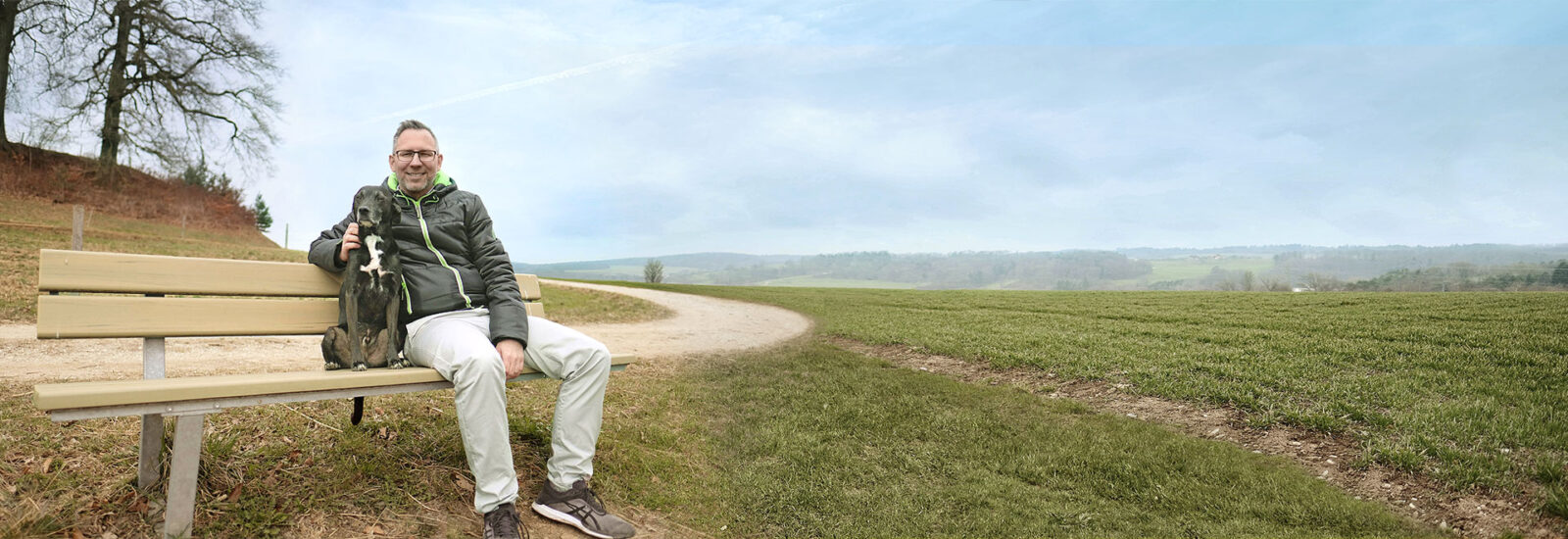
It only works when “just in time” is right for everyone!
As a consultant, you are first off obligated to the customer, who likes to be promised things – promises that you then have to keep as the person responsible for production. One issue is ever-shorter deadlines. Production times have got faster on an almost inflationary scale with the advent of the digital age. With the new technologies around, more and more can be done in an increasingly shorter time, but it’s easy to forget that the people are still the ones setting the pace. And people are the slowest link in the chain in this process. For him, the digital age has made a lot of things easier, and work processes have also been cut back in terms of time, but humans have not become faster as a result. If there’s anything that pulls down theoretically possible speed levels, it’s people.
Interview with Thomas Kreindl in 2018, Consulting and Production at n c ag, Urdorf – Thomas Gysin
Good time management is vital for production to run on schedule. But it has to be handled subtly so that nothing gets out of sync. Pressure creates counterpressure. If you speed up unnecessarily, you risk making mistakes, mistakes that then cost you time. Planning too cautiously though isn’t the way to go either, as it actually encourages casualness. With it comes a tendency to postpone work steps, and this puts you in a squeeze. And anyone who always acts last minute is very likely to compromise on quality. Too fast is just as bad as too slow. In both cases, errors and quality losses occur, resulting in added costs for the entire work process.
Healthy time management
Consultants are in direct contact with their customers. They take on board the clients’ specifications and wishes. Together, they discuss the overall setting and production process, and finally draw up a binding timetable. Throughout the production process, many steps can be scheduled – including the technical processes, where the residual risk of glitches can be minimized. Other work stages, though, are completely dependent on people, both on the customer and operating side. People are no more susceptible to breakdowns than technology, but as thinking individuals they can intervene in a work process at any time and consequently also delay the schedule. An example of this is the customer changing something in the content – an author correction in an image and/or text due to a change in the proposal – or the company finds an error in the content, which then leads to a conversation with the customer and a re-evaluation. Both scenarios take time, time that has to be factored into planning in the form of a reserve.
Between the hammer and the anvil

Basically, schedules have to be kept as tight as possible, with no room for maneuver. But it doesn’t take much to cause delays. Often, a moment of inattention is enough to mess up the schedule. And this time lost can then only be made up by speeding up a work stage further down the line – or it might require overtime at the point that causes the delay.
That’s never a good thing, adds Thomas with a smile. As production manager you feel like you’re caught between a hammer and an anvil, as you’re beholden to two sides at the same time: the customer and the team at your own company.
Transparency and cooperative communication
Thomas sees the job as a new challenge every day. The nice thing about it, he says, is that you don’t see the responsibility as a constant burden, but more of a sporting challenge. With forward planning, unnecessary stressful situations can be avoided. This primarily means having fair timetables for all involved, communicated in good time and visible at all times during the entire work process. Clear and cooperative communication with all those involved is another must for a smooth process. This transparency ultimately creates trust and security in the operational chain, where give and take should be a matter of course.
Precise timing, similar to air traffic control: half a dozen takeoffs and landings happening at the same time

Good timing is ultimately only good timing when everyone involved is given the chance to plan their own personal timetable.
At n c ag, a dozen or so projects are often processed simultaneously in several production phases by one and the same operational chain. For example, if a client releases a print product every week, project number one will be being finished, packaged and shipped, while number four might be in layout, number three in translation and number two in the ready-to-print phase. This sounds very tense and stressful, but it’s not. Because all the employees in the team know when they have to deal with what, which work they have to do, and when it has to be delivered – and, as in the case just illustrated, they know a month in advance. At the end of the day, this is the type of work setup we all want: everything for everyone, just in time.

Thomas Kreindl, Consulting and Production
The transformation of production technology from the analog to the digital age has always fascinated Thomas Kreindl. New possibilities have opened up at an accelerating pace, and technology has constantly reinvented itself. Many things have become simpler, laborious manual work has been replaced by automated work processes, and everything has become cheaper to an almost scary degree. And it all has got faster, faster, faster. The basis of success for a production process today therefore is mainly ensuring highly precise time scheduling.
